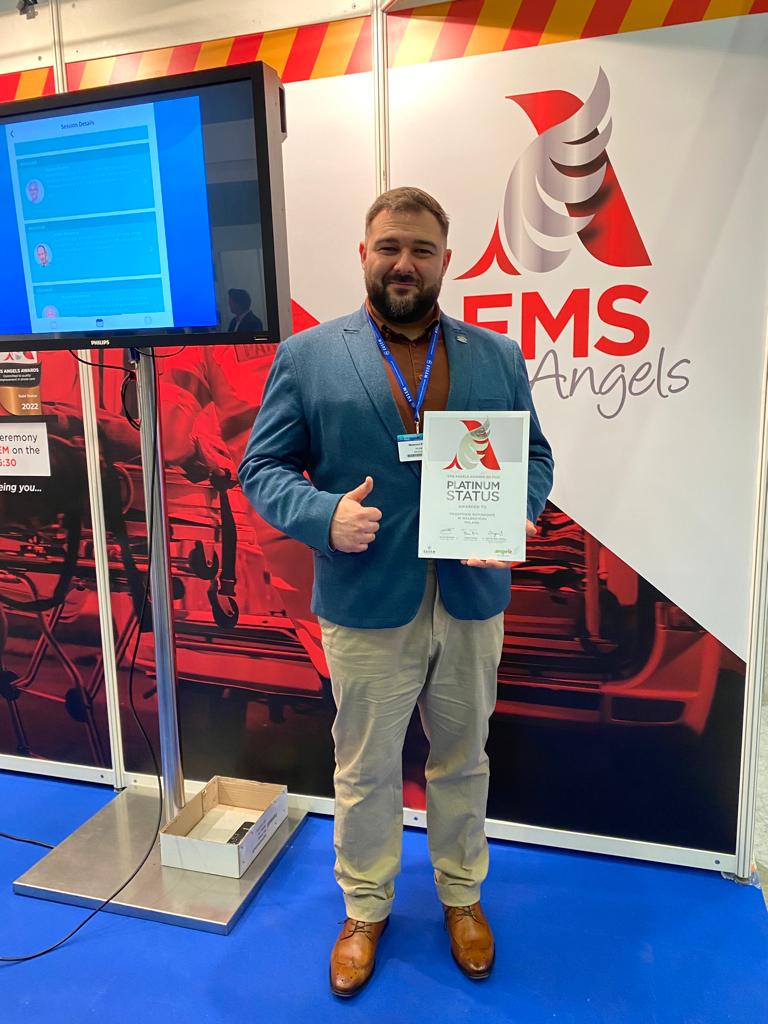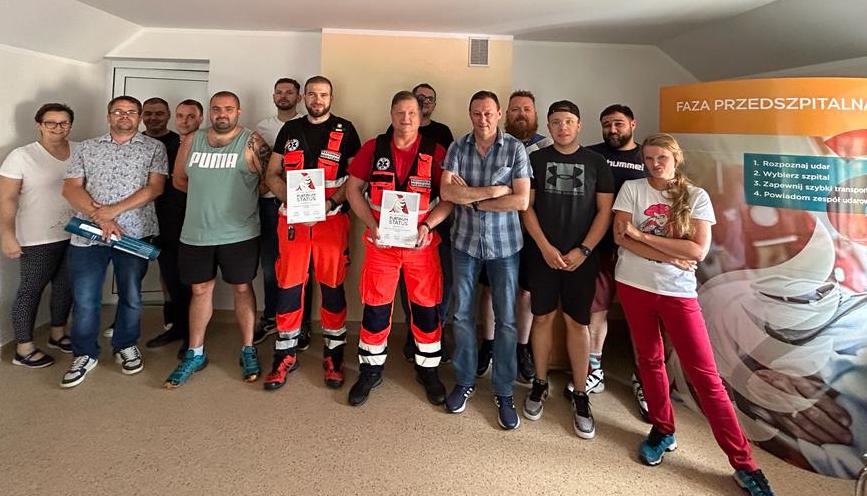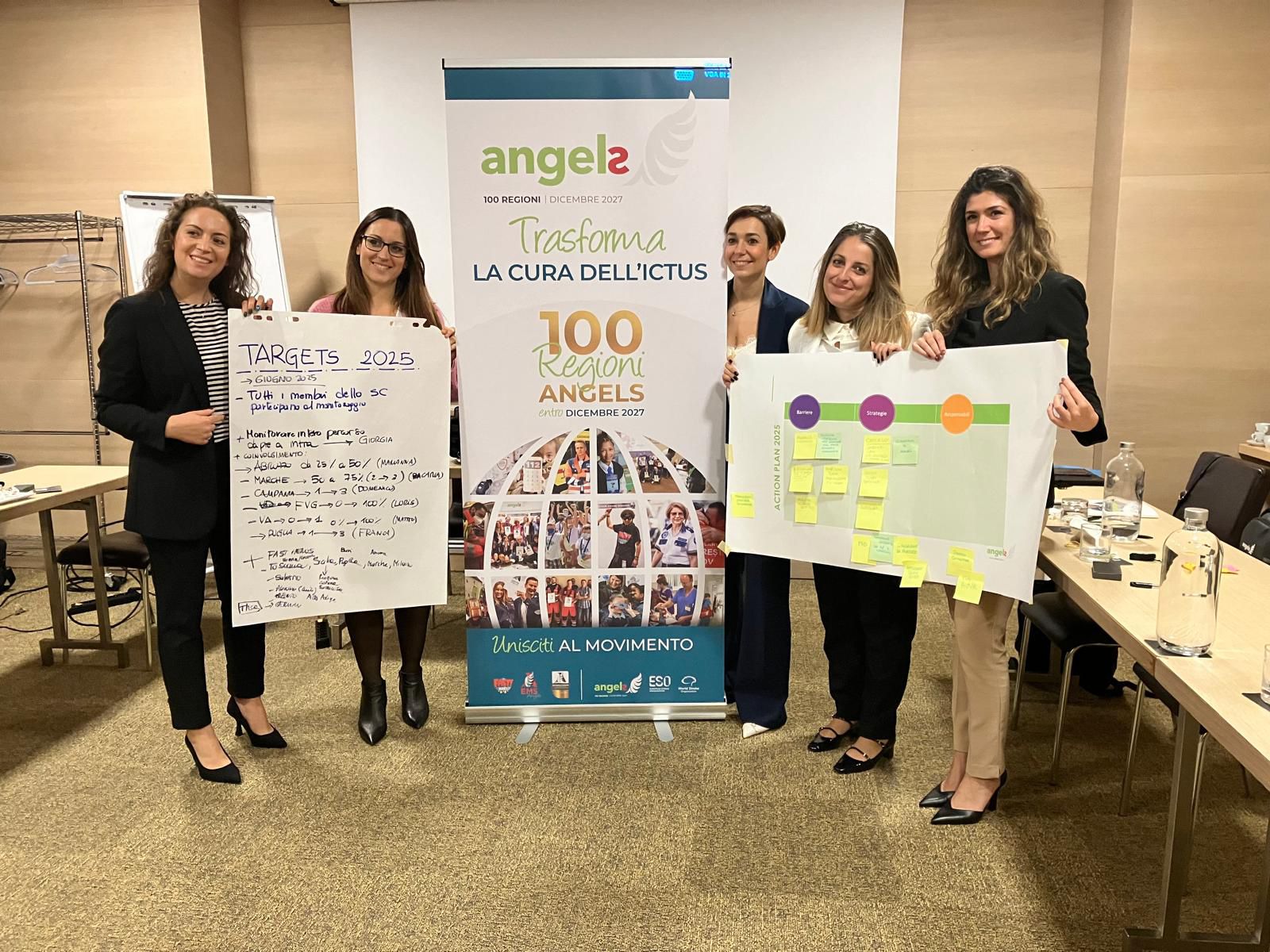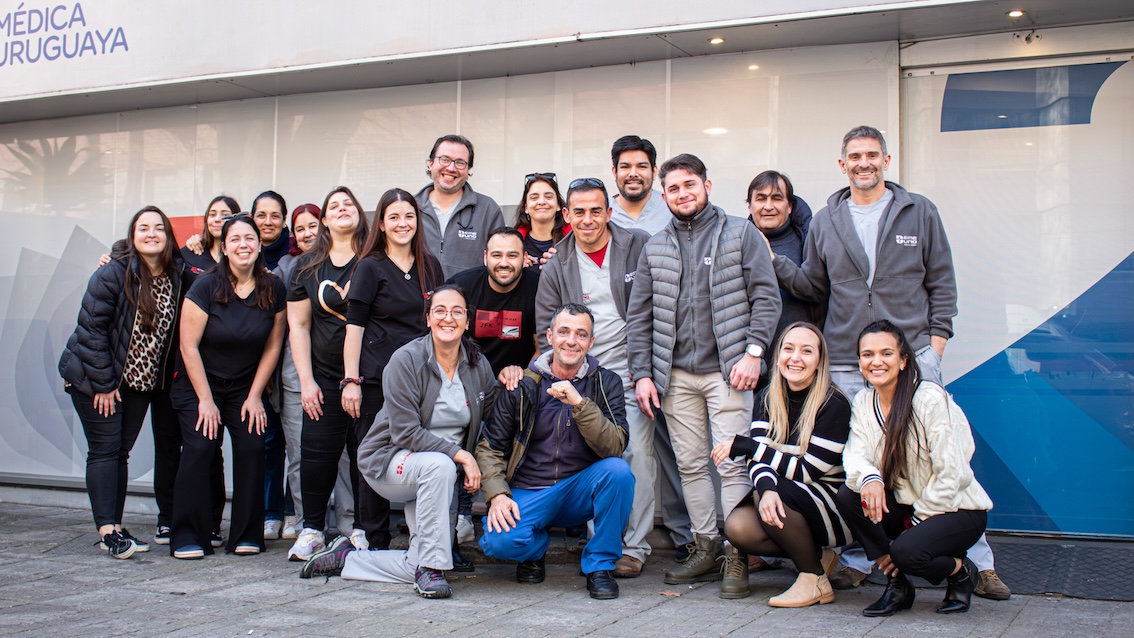
Mi sono laureato presso la Jan Kochanowski University di Kielce per i Servizi d'emergenza. Lavoro nel servizio d'emergenza di Wauobrzych da otto anni.
Lavorare sotto stress e stress mentale mi motiva. Prendere decisioni rapide sotto pressione è un altro fattore che mi ha portato a questo lavoro.
Finora, la cosa più importante per me è stata acquisire conoscenze ed esperienza, conoscere la diagnosi differenziale, comprendere i meccanismi fisiopatologici di varie malattie. Ma ovviamente voglio che sia sempre più grande. Mi piace avere l’opportunità di condividere le mie conoscenze e la mia esperienza con colleghi più anziani e più giovani in formazione interna e in futuro come istruttore ASLS in Polonia.
Contrariamente alla convinzione popolare, la maggior parte dei viaggi di soccorso medico in Polonia non comporta arresti cardiaci, incidenti stradali, attacchi cardiaci o persino ictus. La maggior parte delle volte affrontiamo le emergenze derivanti da multimorbilità nei pazienti geriatrici. Ciò richiede una maggiore conoscenza dei vari rami della medicina, dalla ginecologia e l'ostetricia alla medicina interna, alla chirurgia e alla psichiatria.
Il fatto che non sapete mai cosa aspettarvi sulla scena dell’incidente è un altro motivo per cui lavoro nel servizio d'emergenza. Non sapete mai cosa aspetta da voi e ogni situazione deve essere gestita, dall'arresto cardiaco in un bambino ai disturbi mentali in un paziente aggressivo. Questo rende questo lavoro eccezionale e non lo farei per niente.
Sono diventato interessato all’argomento dell’ictus principalmente dopo aver partecipato al progetto Angels. In precedenza ho sofferto dell’opinione, prevalente tra i paramedici in Polonia, che l’ictus era una malattia sulla quale noi come paramedici non avevamo alcuna agenzia. Tuttavia, si è scoperto che non è così. Questo infatti siamo in grado di determinare la sede approssimativa di un ictus sulla base dei sintomi, proprio come in cardiologia possiamo sospettare la sede di un infarto. Che le nostre azioni come team di soccorso nell’assistenza pre-ospedaliera devono essere efficienti quanto durante un attacco cardiaco, che il percorso di trattamento dell’ictus deve iniziare nella fase preospedaliera, omettendo le attività che ritardano la diagnosi e il trattamento dell’ictus.
Ora mi rendo conto di quanto sia importante capire cos’è una penombra e come prevenire l’accelerazione delle alterazioni necrotiche nel tessuto cerebrale.

Sono orgoglioso/a delle soluzioni congiunte che siamo stati in grado di presentare in collaborazione con il reparto di neurologia dell’ospedale di Wa erogare a mira dibrzych. Sono orgoglioso/a dei miei colleghi (paramedici e infermieri) che con il loro duro lavoro sono stati in grado di soddisfare gli standard di eccellenza e che sono motivati a continuare a fornire il massimo livello di servizi. Senza il loro impegno, questo successo non sarebbe stato possibile.
Da quando ho completato il corso ASLS, ho provato a condividere le conoscenze acquisite con il maggior numero possibile di persone. Le persone trovano utile il fatto di sistematizzare il proprio approccio all’esame obiettivo del paziente e consente loro di evitare di saltare la diagnosi di ictus cerebellare che si presenta, ad esempio, come atassia.
Un problema estremamente importante è che in Polonia sia i paramedici che gli infermieri dei team medici di emergenza hanno una delle potenze più estese in Europa. Un paramedico, ad esempio, ha la possibilità di somministrare 47 farmaci nella gestione preospedaliera dei paziente. Di conseguenza, il contenuto del corso ASLS ha dovuto essere modificato e arricchito con capacità diagnostiche e farmacoterapiche in conformità con le autorizzazioni attualmente in vigore in Polonia.
Quello che vorrei migliorare è la cooperazione tra le equipe mediche di emergenza e il pronto soccorso dell'ospedale. Una prossima simulazione con Angels fornirà sicuramente risposte sulle modifiche da apportare per migliorare i tempi e ridurre le barriere organizzative.
Spero anche che nel prossimo futuro i nostri team di pronto emergenza possano recarsi direttamente al laboratorio TC o RM, il che ridurrà significativamente il tempo al trattamento. Se ciò diventa possibile dal punto di vista organizzativo, come team di ambulanza siamo pronti a fare la nostra parte, compreso il prelievo di sangue per il test INR se gli strumenti sono appropriati.
Vorrei anche introdurre un training ciclico con l'utilizzo di sfammi per la SLA avanzati al fine di migliorare le qualifiche del personale dell'ambulanza di Wa erogare un'equipe a erogare un'adeguata formazione.
Condurrò la formazione ASLS in collaborazione con i corsi di rianimazione WANG di Diakonia, che mi daranno l’opportunità di formare il personale di soccorso e infermieristica di tutta la Polonia. È qualcosa di cui sono estremamente orgoglioso e felice.
Desidero ringraziare il direttore del servizio d'emergenza di Wa文brzych, il signor Ryszard Ku Ku Ku Ku Kuak, per il suo impegno e la sua collaborazione, tutti i miei colleghi del servizio d'emergenza di Wa erogare il loro duro lavoro e l’organizzazione Angels e, in particolare, Katarzyna Puty erogare l’aiuto che offre.
Conto molto di più. Insieme siamo in grado di fare tutto.



